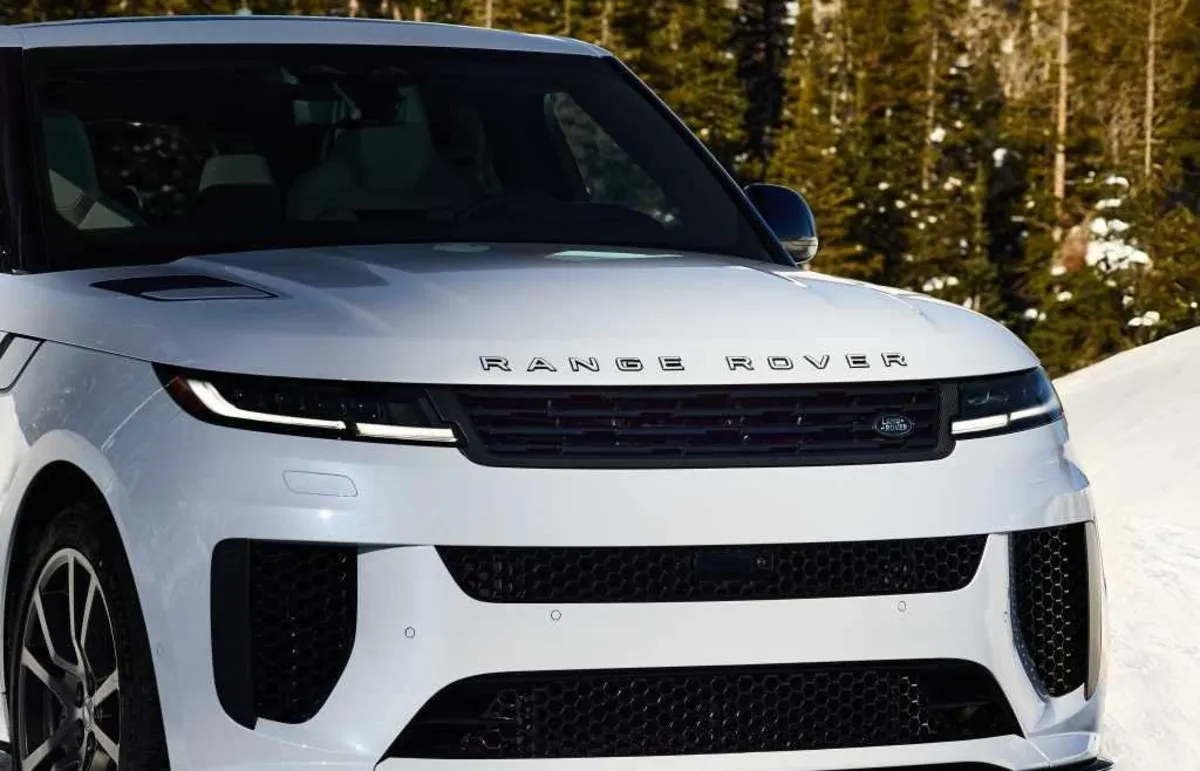
On April 5, 2023, Jaguar Land Rover, the renowned luxury automaker based in the U.K., announced a significant halt in shipments to the United States. This decision comes in response to President Donald Trump's recent implementation of a 25% tariff on automotive imports from the U.K. The automaker's announcement follows Trump's declaration of new trading conditions that will impact various sectors, including the automotive industry, as reported by the BBC.
In anticipation of the announced tariffs, Jaguar Land Rover had strategically prepared its response prior to Trump's official statement. In a public statement made on Wednesday, the company expressed its confidence in its ability to navigate the changing market landscape: “Our luxury brands have global appeal, and our business is resilient and accustomed to changing market conditions.” The company emphasized its commitment to prioritize client service globally while adapting to the new U.S. trading terms.
The United States represents Jaguar Land Rover's second-largest export market, following the European Union. This highlights the critical importance of maintaining strong trade relations with the U.S. as the company navigates the implications of the new tariffs. British Prime Minister Keir Starmer stated that his government remains dedicated to negotiating a favorable trade deal with the United States, despite the immediate economic impact of the tariffs. In a post shared on X, Starmer acknowledged the challenges but reaffirmed the government's commitment to the national interest and the welfare of working people.
In a separate statement, President Trump outlined his broader economic strategy, claiming that the United States has embarked on an economic revolution poised for success. He criticized past trade practices, stating that many nations have taken advantage of the U.S. and vowed that this would no longer be tolerated. Trump's assertions included the announcement of over $5 trillion in new business investments in the U.S., which he believes will lead to historic economic growth.
On Thursday, Trump introduced a minimum 10% universal tariff on various goods imported into the United States, with many countries facing significantly higher rates. Specifically, the 25% tariff on imported vehicles and parts is part of a broader federal policy aimed at negotiating more favorable trade agreements with global partners. This new tariff structure presents a complex challenge for automakers like Jaguar Land Rover, who must adapt swiftly to the shifting landscape of international trade.
The suspension of shipments by Jaguar Land Rover to the U.S. is a significant development in the ongoing dialogue about trade relations and economic policy under Trump's administration. As the company navigates these changes, stakeholders will be closely watching how the situation unfolds and what measures will be taken to mitigate the impact of these tariffs.